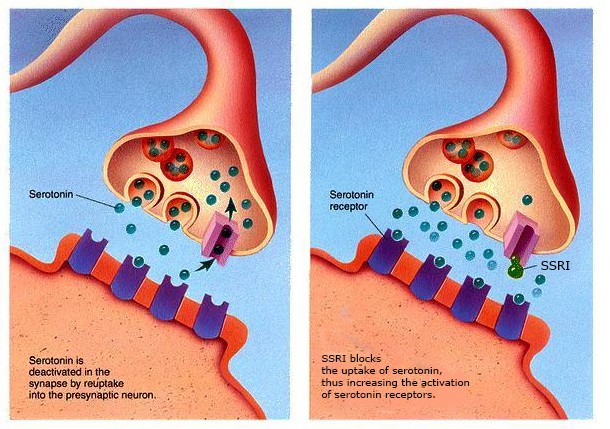
Depression Treatments
A variety of depression treatments are available for individuals suffering from depression. Learn more about Electroconvulsive therapy, cognitive behavioral therapy, and St. John’s wort. Some of the most common types of treatment include medication, therapy, and therapy combining all of these. Many of these treatments are effective, but are not for everyone. You may need to discuss them with your physician before choosing any. Listed below are some of the most common options for treating depression.
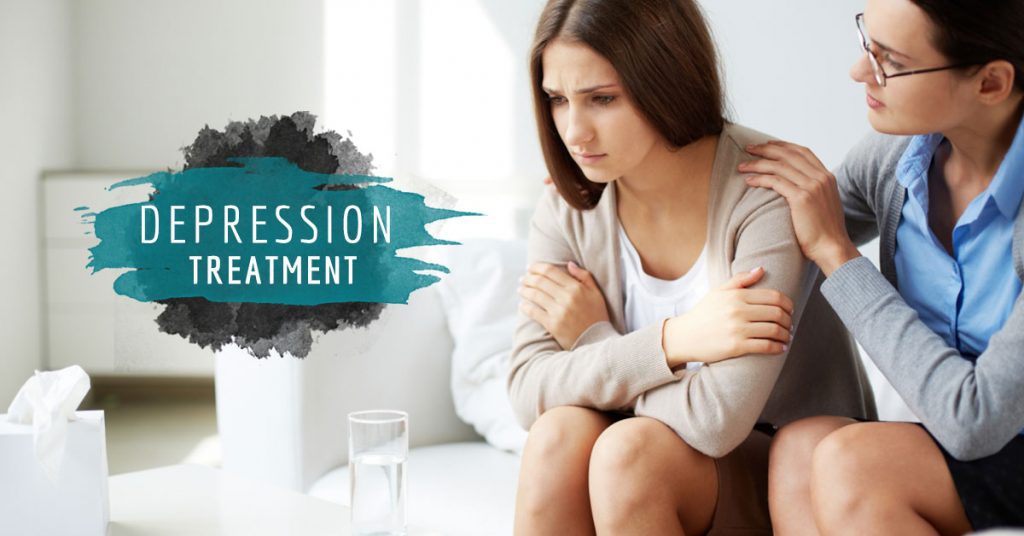
Cognitive Behavioral Therapy
Cognitive behavioral therapy for depression involves modifying one’s thought patterns in order to combat the negative emotions and thoughts that plague sufferers. The work of Albert Ellis and Aaron T. Beck lays the groundwork for this type of therapy. Patients learn how to recognize and challenge the negative thoughts that drive their depression, and then learn to adapt their thinking to be more positive. Despite its limited success in curing depression, cognitive behavioral therapy is still a highly effective treatment for many patients.
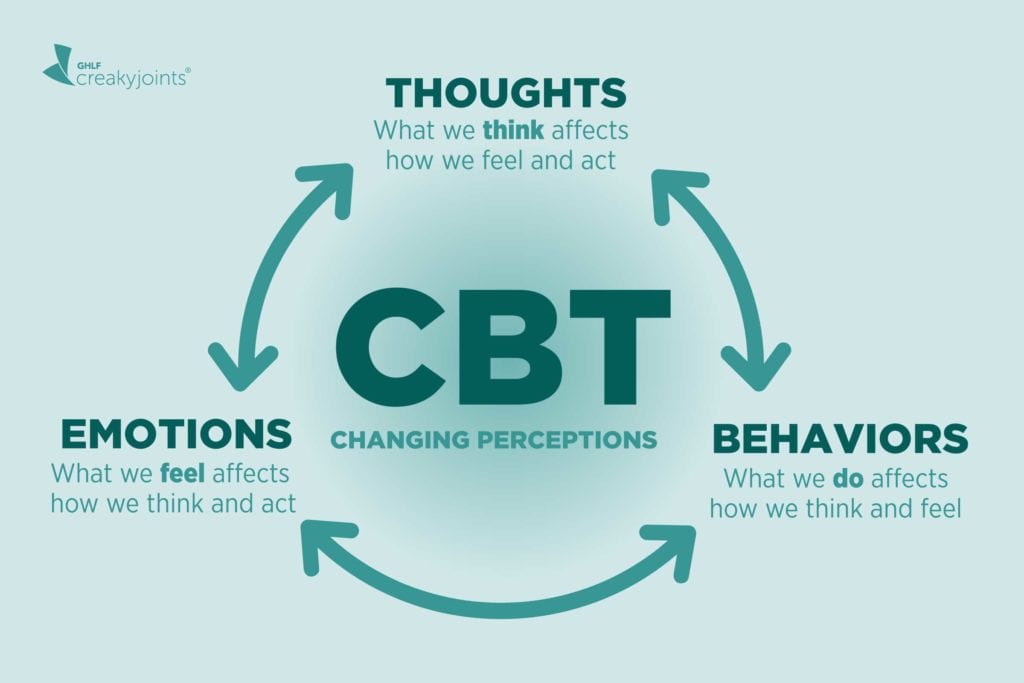
Electroconvulsive Therapy
Despite a long history of controversy, electroconvulsive therapy for depression has proven to be an effective treatment for severe cases of depression and other psychiatric disorders. This treatment can be effective and safe in a wide range of patients, regardless of age. The technique can be used to treat patients with various comorbidities, and it is often the first option for patients who have failed to respond to other forms of treatment.
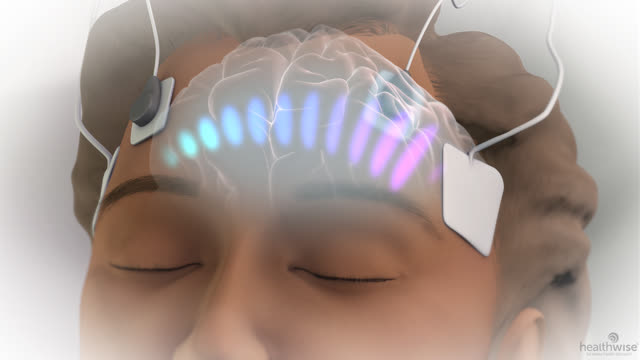
St. John’s Wort
The effectiveness of St. John’s wort in treating depression remains an open question. Studies have shown that the herb has minimal effect on depressed patients, and a placebo effect is likely to be as effective as an active ingredient. Although many patients may experience depression, there are also exceptions. This article looks at some potential benefits of St. John’s wort in treating depression. Weighing the risks and benefits of the herbal supplement may help you make an informed decision.
St. John’s Wort is native to Europe and naturalized elsewhere. In 1793 the first specimen in the United States was collected in Pennsylvania. The Greek physicians Galen and Dioscorides recommended it as a diuretic, wound-healing herb, and treatment for menstrual disorders. During the Middle Ages, remarkable, even mystical properties were attributed to it—St. John’s Wort was thought to be best if harvested on St. John’s Day, June 24. Traditionally it was used for wound healing, especially for lacerations involving damaged nerves, and as a diuretic, astringent, and mild sedative. Now used for mild to moderate depression, in clinical trials, patients who took Hypericum extract felt significant improvement in depressive mood indicators such as feelings of sadness, hopelessness, helplessness, and uselessness, as well as fear and difficult or disturbed sleep. St. John’s wort extracts may interact with conventional drugs.,

TMS
Although TMS is not a miracle cure, it shows great promise in treating depression. The remission of symptoms after undergoing TMS treatments can last from months to years, depending on the patient. However, it is important to keep in mind that booster sessions may be needed to prevent a relapse. One patient, Gray, underwent a second course of TMS in 2007.
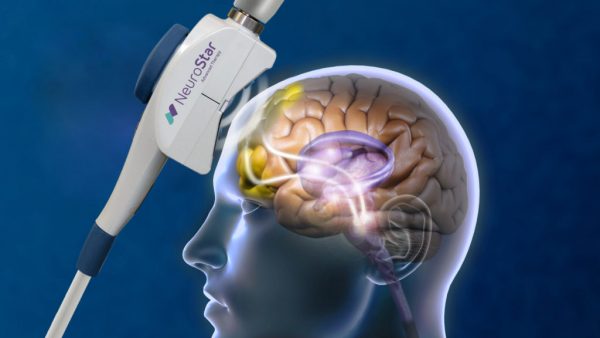
Alternative Medicine
Psychotherapy and medication are the standard treatments for clinical depression, but alternative medicine for depression treatment can be a good choice if standard treatments have not worked for you. Psychotherapy and antidepressants are effective treatments, but they don’t work for everyone. These alternative treatments are often effective for people with treatment-resistant depression. The following are some examples of alternative therapies for depression. Read on to learn about these treatments and which ones might work for you.

SSRIs
SSRIs, or selective serotonin reuptake inhibitors, are antidepressants that decrease depression symptoms. But these medications can lead to adverse side effects. Some people experience increased suicidal thoughts, while others develop sexual dysfunction. Although they are generally considered safe, they do carry side effects and continue to generate controversy. One study found that SSRIs were marginally more effective than a placebo for one-third of the patients in the study. In addition, the drug was associated with a higher risk of side effects when used alone.
